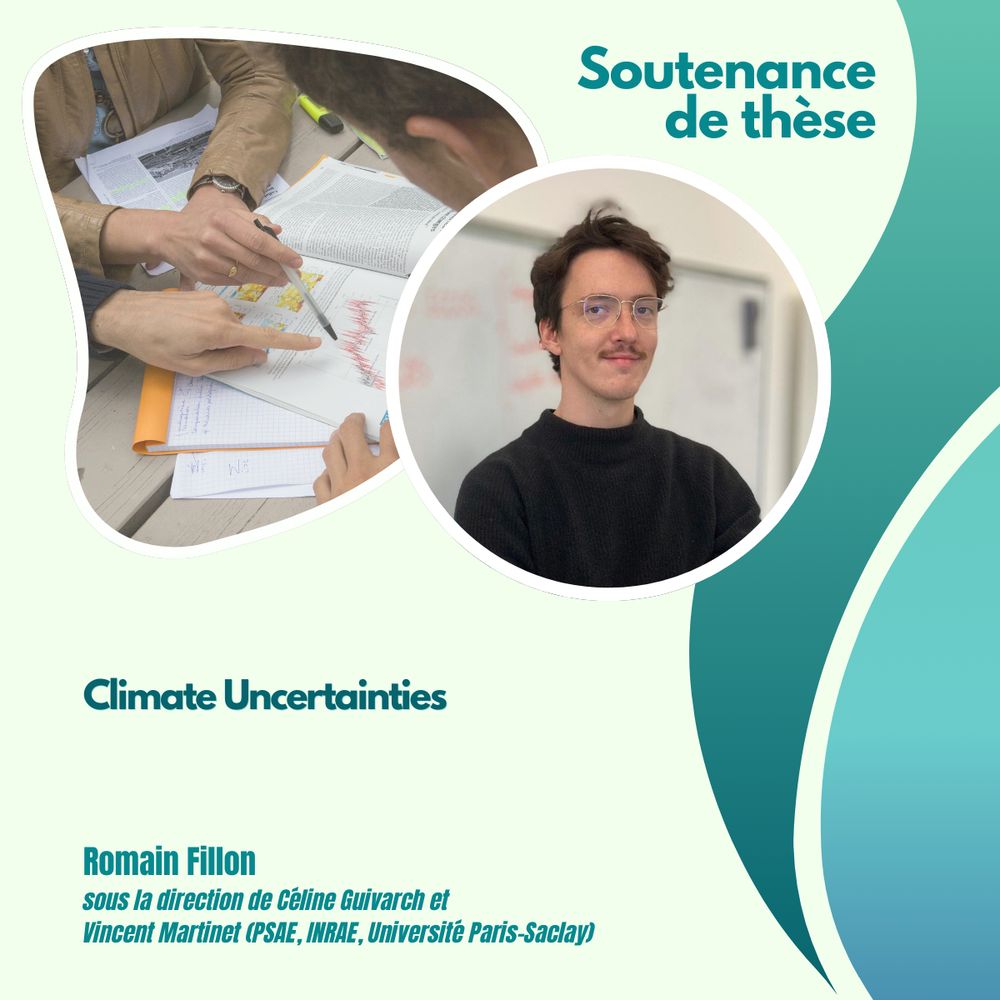François Bareille
@fbareille.bsky.social
420 followers
200 following
19 posts
Researcher in Economics (INRAE, Paris). Currently in visiting at EIEE, Milano. Climate Change, Biodiversity, Land-Use and Rock'n'roll - https://francoisbareille.wordpress.com/
Posts
Media
Videos
Starter Packs
François Bareille
@fbareille.bsky.social
· Jun 11
François Bareille
@fbareille.bsky.social
· Jun 11
François Bareille
@fbareille.bsky.social
· Jun 11
François Bareille
@fbareille.bsky.social
· Jun 11
François Bareille
@fbareille.bsky.social
· Jun 11
François Bareille
@fbareille.bsky.social
· Jun 11
François Bareille
@fbareille.bsky.social
· Jun 11
François Bareille
@fbareille.bsky.social
· Jun 11
François Bareille
@fbareille.bsky.social
· Jun 11
Reposted by François Bareille
Reposted by François Bareille
Peter Gleick
@petergleick.bsky.social
· Feb 2
François Bareille
@fbareille.bsky.social
· Jan 29
Reposted by François Bareille
François Bareille
@fbareille.bsky.social
· Dec 12
Phil Delacote
@phildelacote.bsky.social
· Dec 12
Reposted by François Bareille
Phil Delacote
@phildelacote.bsky.social
· Dec 16

Plus de 240 scientifiques de l’Inrae signent une tribune après les critiques de certains agriculteurs : « Il est de notre responsabilité de résister aux pressions des lobbys »
TRIBUNE. Après qu’un groupe d’agriculteurs, liés à la FNSEA, a muré, le 28 novembre, l’entrée de l’Inrae, à Paris, un collectif de plus de 240 chercheurs souligne, dans une tribune au « Monde », que d...
www.lemonde.fr
François Bareille
@fbareille.bsky.social
· Dec 12
Phil Delacote
@phildelacote.bsky.social
· Dec 12
Reposted by François Bareille
Phil Delacote
@phildelacote.bsky.social
· Dec 12
Reposted by François Bareille






